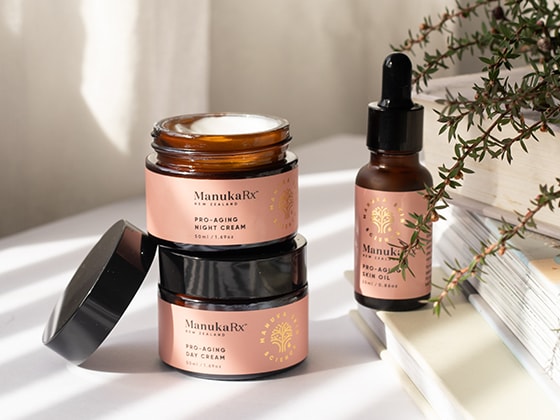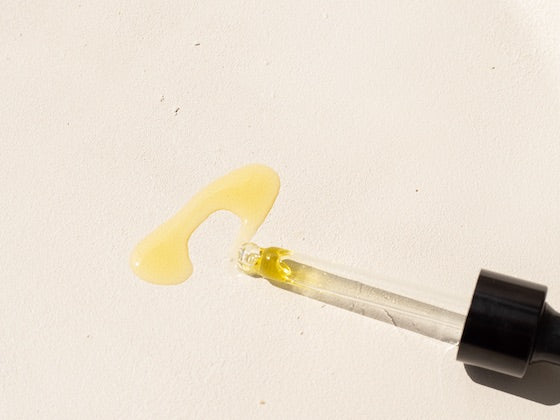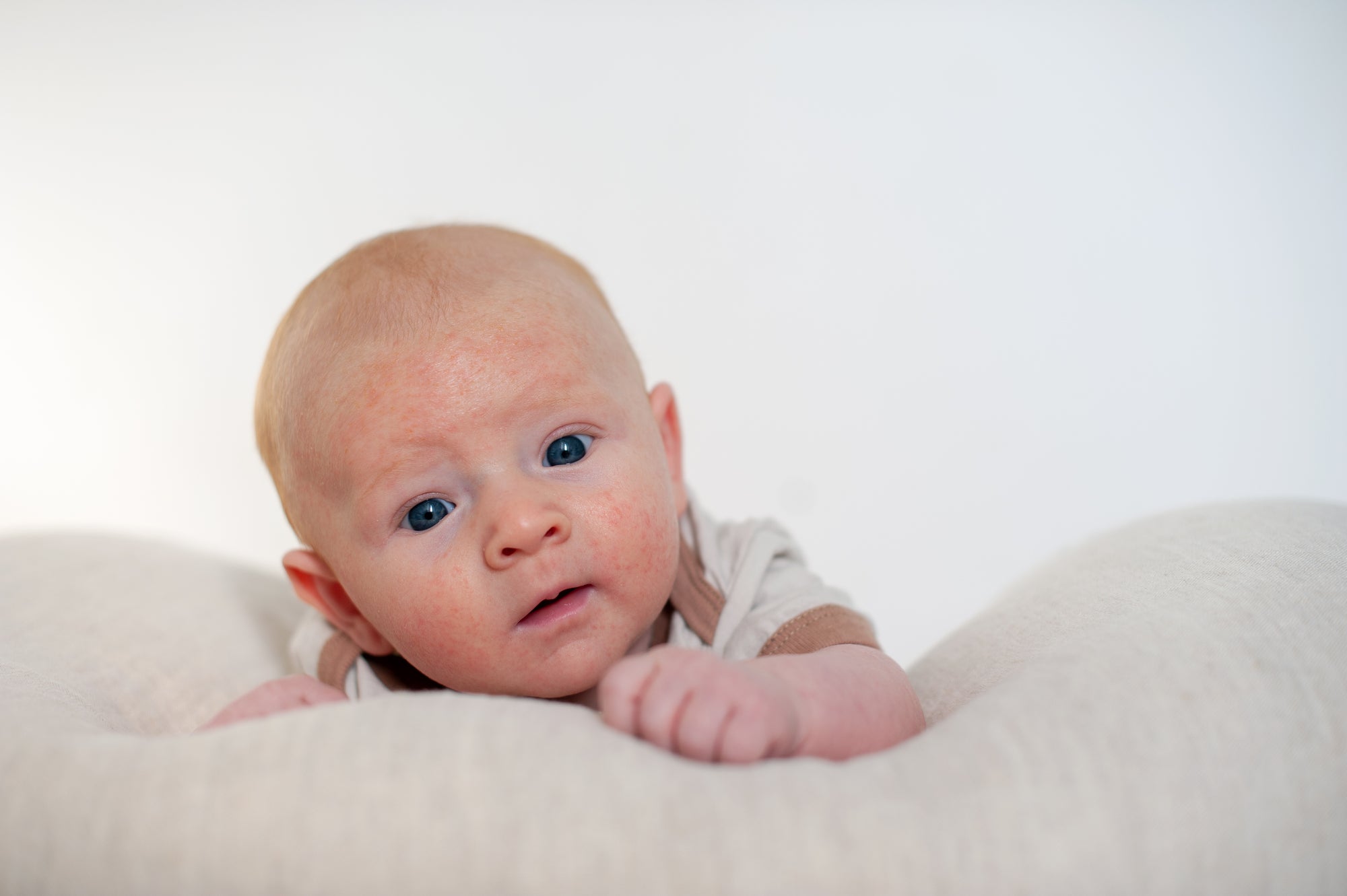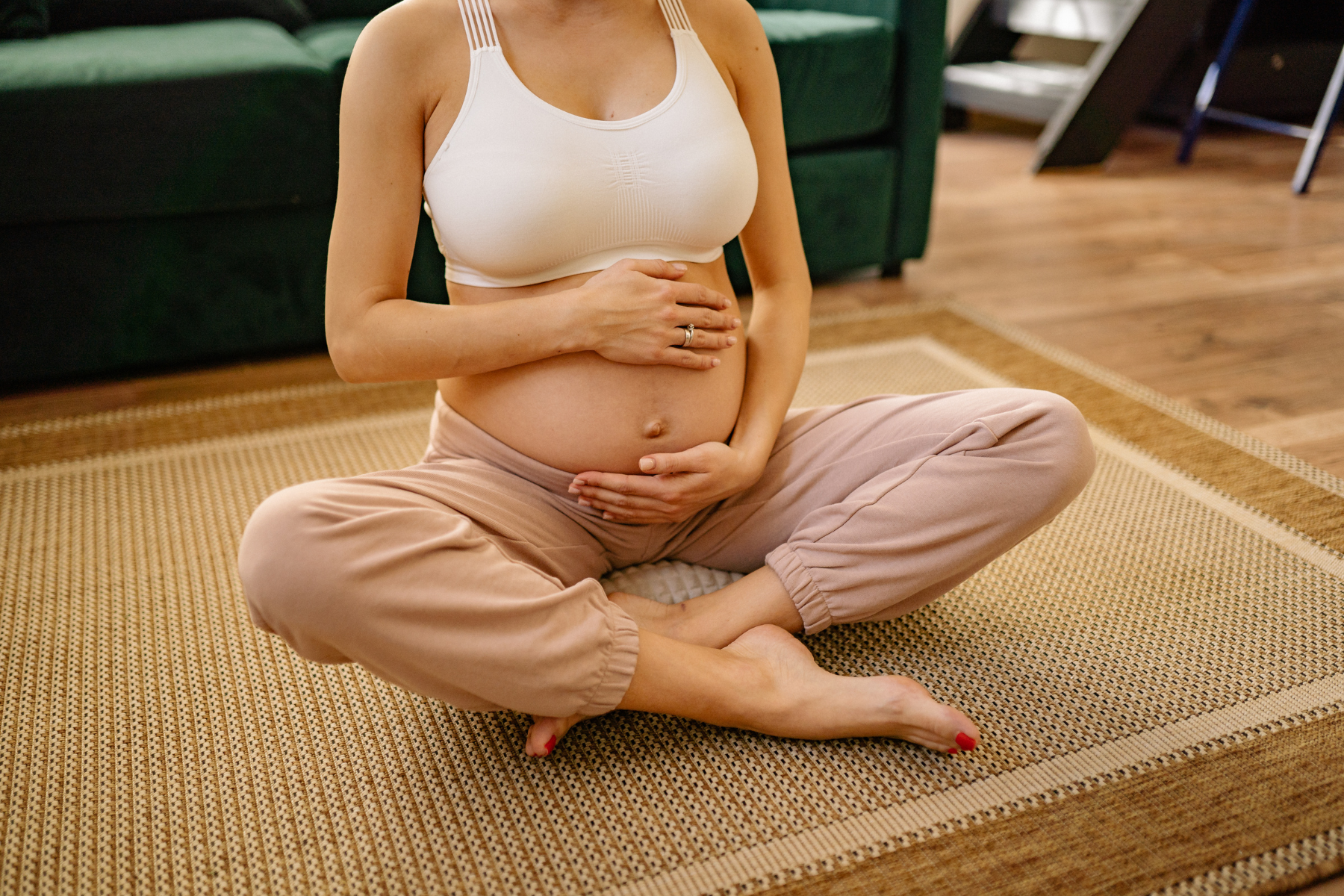
Acne is considered to be the worlds most prevalent skin conditions. Up to 80% of people experience a form of acne during their life, which can range from a few spots to severe cysts. Despite the in-depth and ongoing research into the cause and effects of acne, there's still a lot of misconceptions out there.
Let's debunk three of the most common acne myths.
Myth: Coffee, chocolate and soft drinks can cause acne
The verdict is still out on the influence of diet on acne. The biggest acne-causing culprit is an excess of oil or sebum, which clogs pores and inflame the skin. A range of factors influences the excess of oil, including hormonal fluctuations, dry skin and bacteria. Research into the connection between diet and acne has been inconclusive. Regardless, many doctors agree that maintaining a clean and generally healthy diet benefits your skin. Combining a balanced diet with a daily anti-acne skincare routine will give your skin a fighting chance at healing and recovering from acne breakouts without leaving lasting scarring.
Myth: Acne only strikes during puberty
Unfortunately waving goodbye to your teen years doesn't necessarily mean the end of acne. Hormones produced during adolescence can cause acne, hence the common misconception that teenagers are the only ones to suffer from acne breakouts. However, pregnancy, menopause and other changes in hormone levels can trigger acne and spots. A survey of 1000 women found that 50% of those between 20 - 29 years old and 35% of those between 30-39 suffered from a form of acne. For severe cases, such as cystic acne, doctors may prescribe a form of birth control to try to balance hormone levels.
While hormonal acne is challenging to prevent, maintaining a clean skincare routine will give skin a good foundation for healing and repairing. Try a daily combination of ManukaRx Foaming Face Wash for the Prevention of Blemishes, and Clearing Face Cream to make the most of mānuka oil's natural antibacterial properties.
Myth: Popping pimples will make them go away
Clench those hands and step away from the mirror - as tempting as popping pimples may be, it's a bad idea. Squeezing spots will leave a wound that is susceptible to bacteria and infection, and can leave lingering scars. Distract your hands and leave whiteheads alone. If you want to try to reduce redness, apply some ice to reduce inflammation and cover it with a light concealer (but nothing too heavy or clogging). Using an antibacterial oil like ManukaRx Blemish Oil will help to protect the spot from bacteria while aiding the healing and recovery of the skin.
ManukaRx uses 100% Pure East Cape Mānuka Oil to help to prevent acne breakouts and aid the skin in healing. Mānuka Oil has powerful antibacterial properties thanks to a high number of triketones. When used as part of a daily skincare routine, ManukaRx products can help to prevent breakouts, keep skin clean from acne-causing bacteria and aid the healing of the skin.
Experience the clarity of living blemish-free and explore ManukaRx Blemish Control Collection today!






